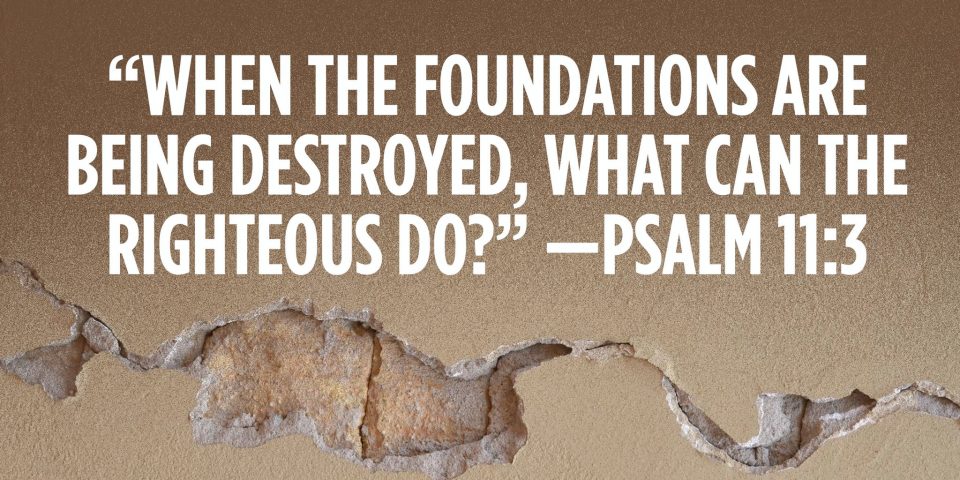By Daniel J. Mahoney, The American Mind, a publication of the Claremont Institute, June 7, 2023
Daniel J. Mahoney is a Senior Fellow at the Claremont Institute and professor emeritus at Assumption University. He has written widely on French politics and political thought and has also written extensively on Aleksandr Solzhenitsyn and the moral grounds of opposition to totalitarianism. His latest books are The Statesman as Thinker: Portraits of Greatness, Courage, and Moderation and Recovering Politics, Civilization, and the Soul: Essays on Pierre Manent and Roger Scruton.
Our dark hour calls for a recovery of the statesman’s virtues.
 The inheritance we defend—that noble civilizational patrimony that helps define the West and America—is not good simply because it is old or because it is ours. But it is wisdom tried and true. As a result, we know that we can never begin anew with some revolutionary “Year Zero.” The destructive zealots and ideologues among the French Revolutionaries did that, displaying deadly contempt for Burke’s more capacious understanding of a primordial contract that connects the living, the dead, and those yet to be born. As a tradition dedicated to human liberty, the Western tradition is dynamic and expansive, yet it has ample room for true pietas. As the French political philosopher Bertrand de Jouvenel wrote so eloquently in his 1955 classic, Sovereignty: An Inquiry Into the Political Good: “[E]very individual with a spark of imagination feels deeply indebted to many others, the living and the dead, the known and the unknown…. The wise man knows himself for debtor, and his actions will be inspired by a deep sense of obligation.” …
The inheritance we defend—that noble civilizational patrimony that helps define the West and America—is not good simply because it is old or because it is ours. But it is wisdom tried and true. As a result, we know that we can never begin anew with some revolutionary “Year Zero.” The destructive zealots and ideologues among the French Revolutionaries did that, displaying deadly contempt for Burke’s more capacious understanding of a primordial contract that connects the living, the dead, and those yet to be born. As a tradition dedicated to human liberty, the Western tradition is dynamic and expansive, yet it has ample room for true pietas. As the French political philosopher Bertrand de Jouvenel wrote so eloquently in his 1955 classic, Sovereignty: An Inquiry Into the Political Good: “[E]very individual with a spark of imagination feels deeply indebted to many others, the living and the dead, the known and the unknown…. The wise man knows himself for debtor, and his actions will be inspired by a deep sense of obligation.” …







